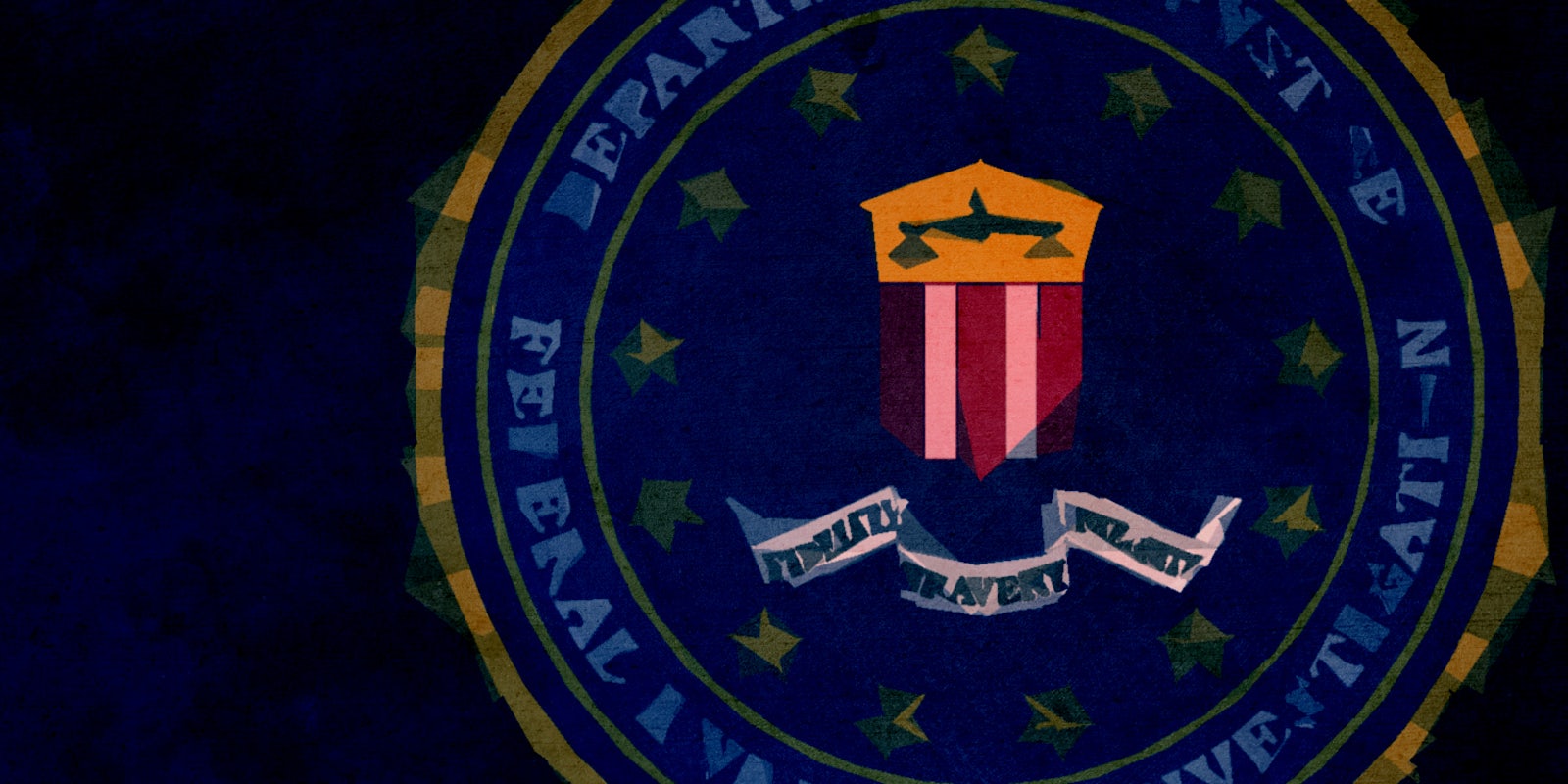Earlier this month, the FBI‘s deputy director reportedly dismissed a bombshell New York Times story the Trump campaign’s “repeated” contact with Russian intelligence officials as overblown but wouldn’t cooperate with the White House to deny the story publically, according to reports on Thursday and Friday by CNN and the Associated Press.
White House Chief of Staff Reince Priebus asked FBI Deputy Director Andrew McCabe to push back on the Times story’s claims, but McCabe refused. White House Press Secretary Sean Spicer confirmed this discussion actually happened to reporters on Friday morning.
Critics say the fact that the conversation between the FBI and the White House happened at all violates decades-old rules to keep agencies like the FBI safe from political influence. Are they right?
First off, here’s a play-by-play of what exactly happened.
On Feb. 15, the day after the New York Times reported that members of Trump’s 2016 presidential campaign and other associates had repeated contacts with Russian intelligence officials, White House Chief of Staff Reince Priebus spoke with FBI Deputy Director Andrew McCabe.
The White House initially said McCabe called Priebus and dismissed the story’s findings, but then corrected that account to say that the discussion between Priebus and McCabe happened at a meeting, according to CNN. The Associated Press quoted a U.S. official who said McCabe told the Priebus he believed the Times story was not accurate, implying that the FBI reached out the White House first.
According to his agency bio, McCabe was tapped to be the agency’s deputy director by FBI Director James Comey in 2016 under the Obama administration and is a career government official who began his career with the FBI in 1996.
After learning that McCabe doubted the Times‘ account, Priebus asked McCabe to publically dispute the report’s findings, a request he denied. McCabe also refused a request by Priebus to discuss the matter with reporters on background, meaning he’d provide the information without agreeing to be quoted.
Spicer defended Priebus and argued that it was an effort by the White House to get the truth out. Spicer did not question whether it was inappropriate for a White House official that was formerly the chair of the Republican National Committee to ask the FBI to step in and dispute a New York Times story that reflected poorly on the presidential administration.
“What sane person would not want to set the record straight?” Spicer said to reporters on Friday morning, according to Politico.
So, that’s the background. What about all this talk of broken rules?
The rules that limit the conversation the FBI can have with the White House
The limitations on Department of Justice interactions with the White House were put in place post-Watergate by the Carter administration in 1978. But these rules have been broken in the past.
For roughly six years, the Department of Justice under the George W. Bush administration took a relaxed attitude toward the Carter rules and interacted with the White House regularly. A Senate investigation by Sen. Sheldon White House (D-R.I.) found that Bush’s first attorney general, John Ashcroft, expanded the number of White House officials permitted to contact the Justice Department on non-national security matters from four to 417; his second attorney general, Alberto Gonzalez, further increased the number to 895.
“Staff members of the Office of the Attorney General, if so designated by the Attorney General, may communicate directly with officials and staff of the Office of the President, Office of the Vice President, Office of the Counsel to the President, the National Security Council, and the Office of Homeland Security,” Ashcroft instructed in a 2002 memo, according to the Senate report.
During the Clinton administration, only seven people between the White House and the Department of Justice were allowed to communicate about pending investigations or cases, according to the report.
The Bush administration greatly dialed back its policy after the Senate investigation led to scandal.
Issued under former President Barack Obama, a 2009 memo by Attorney General Eric Holder states in plain English that communications between the Department of Justice and the White House on pending or contemplated criminal investigations involve only, at a maximum, six people: the attorney general or the deputy attorney general from the side of the DOJ and the president, the vice president, and legal counsel from the side of the White House. But the memo gives the higher-ups a lot of free-reign. Any one of the six is able to approve subordinates to lawfully continue having such a conversation.
Attorney Generals Jeff Sessions was confirmed on Feb. 8, roughly a week before the Times story broke.
Could Sessions and White House Legal Counsel Don McGahn have approved the conversations between Priebus and McCabe, allowing them to be completely legal?
Norm Eisen (a classmate of Obama’s from Harvard Law who served as his deputy counsel and heads ) rejects such a reasoning. Eisen is the head of Citizens for Responsibility and Ethics in Washington, or CREW, and on Friday called for the DOJ’s Office of the Inspector General to open up an investigation into the Priebus and McCabe communications.
“There has been no assertion by the White House or DOJ officials that initial communications took place between the officials authorized to do so,” says Eisen’s complaint.
In other words, expect to hear more about this one before it’s put to rest.
